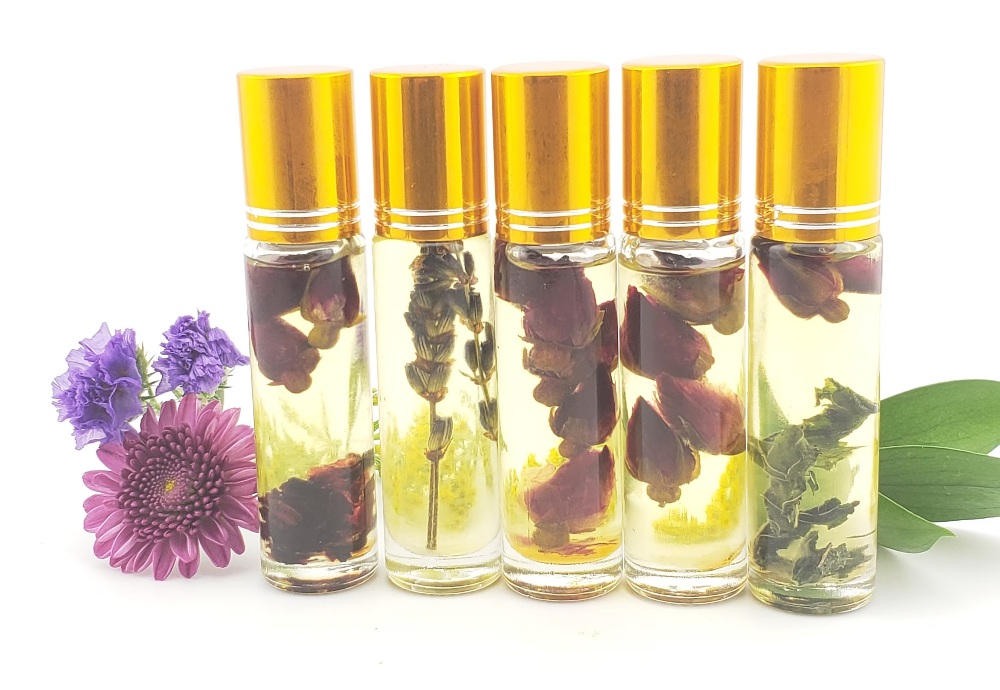
The global market for rheumatoid arthritis treatments is expected to grow at a CAGR of...
Learn More
Our consulting solutions address company specific challenges with respect to micro environment...
Learn More
Organizations frequently need day-today research guidancein order to gain strategic...
Learn More
Exploring different areas of market research and market analysis is a key factor...
Learn MoreAcute Market Reports presents the most extensive global business research services across industries. Our research studies focus on potential outcomes, benefits, and risks associated with each market segment across geographies. Having served our global clients for more than 10 years, our prime priority is to enable our clients in making well-informed business decisions through a data-driven, analytical, and uncomplicated research approach.
We provide access to the world's most comprehensive, analytical, and updated business intelligence services and solutions.




The automotive low voltage drives market is expected to grow at a CAGR of 4.0% during the forecast period of 2025 to 2033. Automotive low voltage drives market focuses on systems that control the power supplied to motors in vehicles. These systems ar...
Read More
The lip oil market is characterized by a nuanced landscape, and a succinct overview provides key insights into its current state. The lip oil market is expected to grow at a CAGR of 4.7% during the forecast period of 2025 to 2033. Lip oils, a niche p...
Read More
The plastic antioxidants market is expected to grow at a CAGR of 5.7% during the forecast period of 2025 to 2033, driven by the increasing demand for polymer stabilization, the growing emphasis on sustainable phenolic antioxidants, and the expanding ...
Read More




